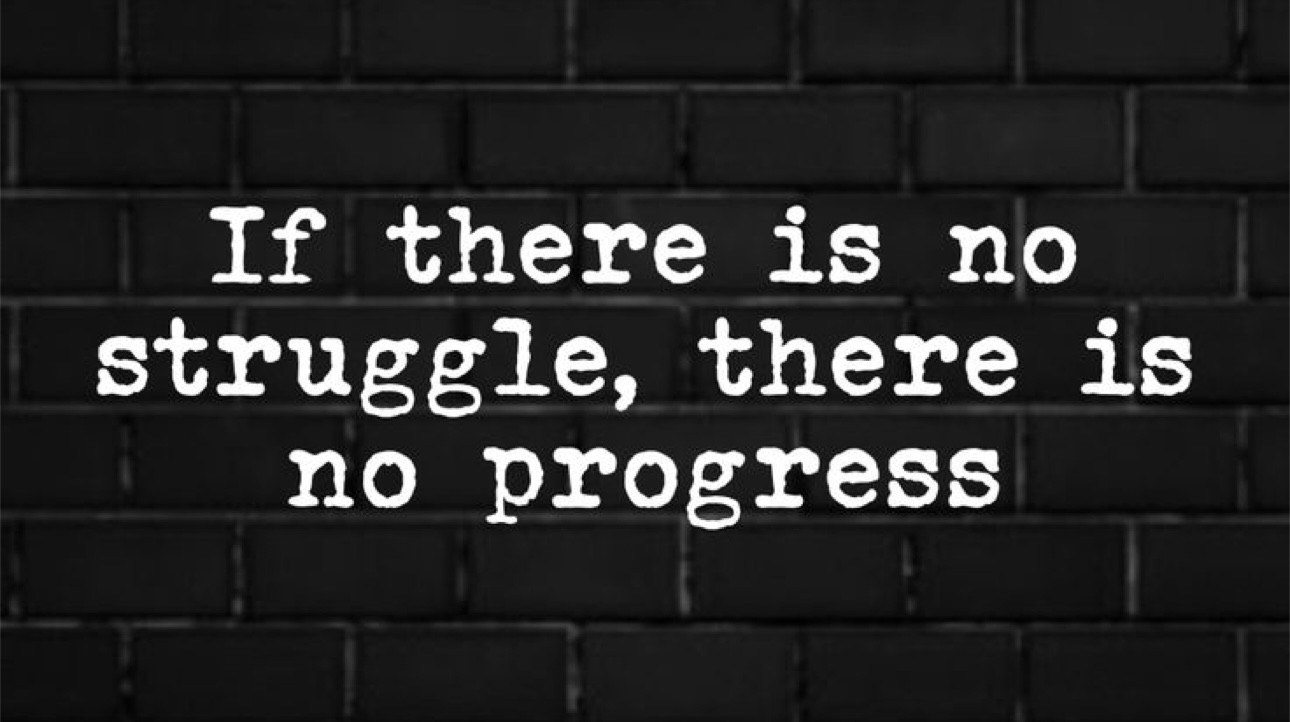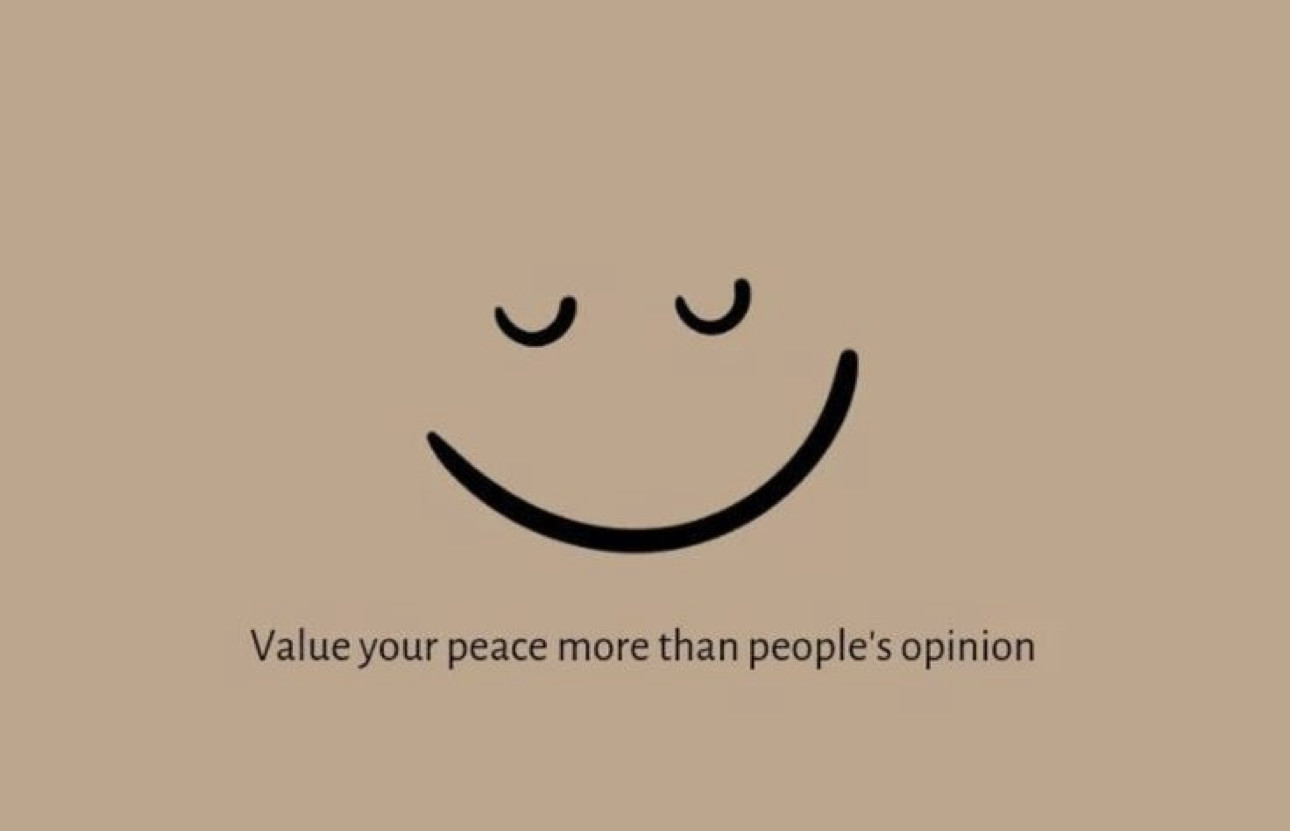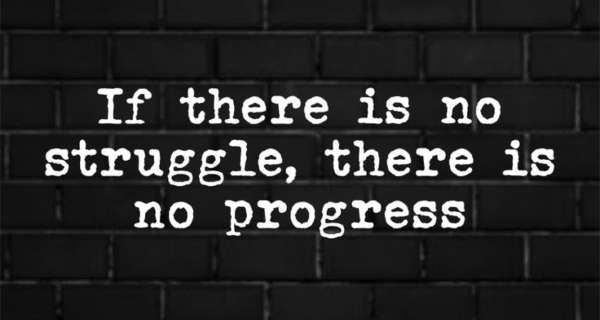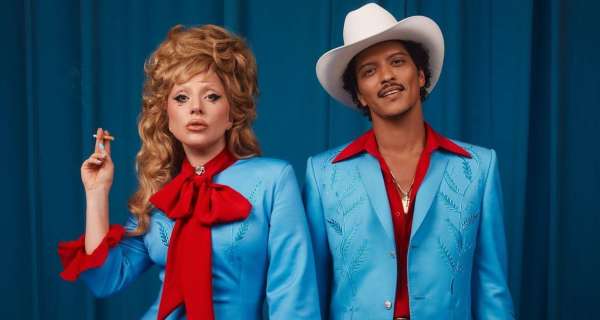
*
"There is no formular for success - you just begin and then you continue. I'm often asked how to have a career in stand-up and the answer is confoundingly simple: Do the work, over and over again, just do the work. After you build the courage to get onstage that first time, it's all about repetition."
- Cameron Esposito
**
"Most people go through life using up a very, very small part of their potential. You could have a three-hundred-horsepower motor and get three hundred horsepower out of it or you can get a lot less. The people who I see function well are not the ones with the biggest "motors", but the ones with the most efficient ones."
- Warren Buffett
***
"There's a second component of reading that many people don't realize exists: searching for the good books. There are a huge number of books and only a small percentage of them are really good, so reading means searching. Someone who tried to read but doesn't understand about the need to search will end up reading bad books, and will wonder why people who read a lot like to do something so boring."
- Paul Graham

*
"If you ask other people about every decision you make, you're going to end up doing exactly what everyone else does and getting the same results that everyone else gets."
**
"You don't have to be special to be successful. Ordinary people can do extraordinary things by choosing to be what most people are unwilling to be: consistent, hardworking, patient, and determined."
***
"The short-term crowd is always too distracted to notice the long-term crowd slowly compounding.
An investor obsessing over daily economic data misses the big picture. A teenager chasing fleeting popularity neglects to develop genuine interests and skills. A co-worker stops paying attention to the details to chase attention. All chase false stimuli at the cost of lasting value.
Never try to win the moment at the expense of the decade."
Mental Model
Credit: Thanks to @farnamstreetblog
V4 | Economics and Art | Scarcity
The rarest thing you possess is your own potential.
"Scarcity shapes our choices and drives our actions. When something is scarce, it suddenly becomes valuable. We want it more because there is less. This principle underlies everything from the price of gold to thrill of the hunt."
Scarcity isn't just about material things. It applies to time, opportunities, and ideas. It's why we're drawn to the exclusive, the limited--edition, the one-of-a-kind.
In economics, scarcity is a foundational principle. There are infinite wants and desires but limit resources. We can't have everything, so we must choose. Scarcity guides those choices.
Some businesses operate with a scarcity mentality, removing shock absorbers and operating lean, with just enough resources to produce the day's goods. This model is prone to disruption with the slightest hiccup and signals to employees that they're in a culture of scarcity, triggering our biological instinct toward self-preservation. We subconsciously hoard things of value to gain an individual advantage.
Scarcity can work to your advantage. Imagine you're got a rare combination of qualities: honest, hardworking, and smart. People like that are scarce, and the world tends to reward them disproportionately. It's not just about being good at one thing; it's about having a mix of traits.
The key to navigating scarcity is understanding its power, recognizing when it's driving our choices, and asking if those choices align with our true values and goals. Sometimes, scarcity creates real value. But sometimes, scarcity creates real value. But sometimes, it's just a miracle, a trick of the mind."
Source: The Great Mental Models v4: Economics and Art



















0 Comments